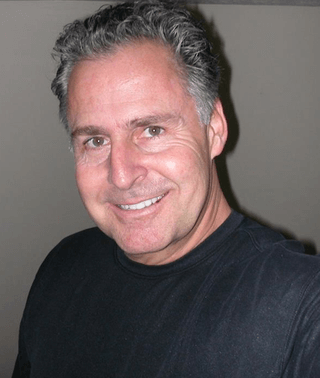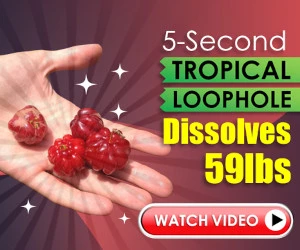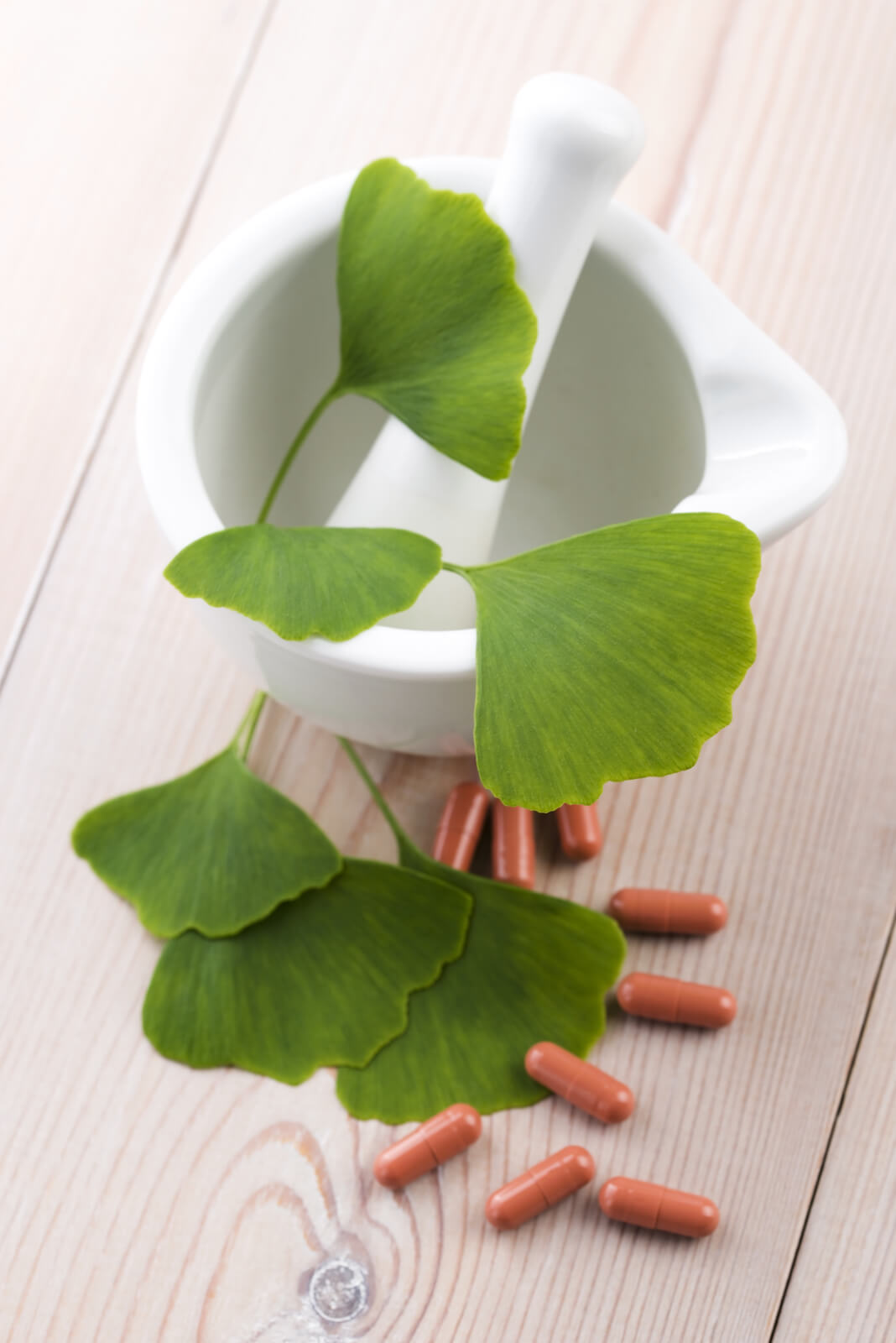
Ginkgo biloba is a very popular herb. It is one of the most frequently prescribed over-the-counter herbal supplements in the United States; and, one of the most frequently prescribed herbal preparations in Germany.(source 4)
This article will discuss the side effects, contraindications, and dosage guidelines for Ginkgo biloba leaf extract. This article will often refer to the extract as simply "ginkgo."
Concerning safety and side effects of ginkgo, Dr. James A. Duke estimated its safety as about as safe as coffee. Dr. Duke would compare all herbs safety to coffee—making it easy to understand an herb’s tolerability. The late doctor was a prominent herbal medicine expert and author; information and videos about him can be found on the U.S. government’s USDA website here.
Dr. Duke, in his book The Green Pharmacy Herbal Handbook,(source 1) states that side effects from ginkgo are "...rare and mild, if they occur at all." Yet, he cautions that ginkgo thins the blood, you should be very careful if you have a bleeding / blood clotting disorder, or are taking prescription blood thinners—as ginkgo can enhance their effect. Additionally, Dr. Duke says to avoid ginkgo if you are taking monoamine oxidase inhibitors (MAOIs) for depression.
Dr. Duke said some people may experience these side effects from ginkgo:
- Insomnia
- Headaches
- Upset stomach
- Skin reactions
- Diarrhea
With a similar list, a 2012 Journal of the Norwegian Medical Association study(source 13) lists some minor side effects ginkgo can cause:
- Headache
- Upset stomach
- Dizziness
- Constipation
- Allergic skin reactions
- Forceful heartbeat
Dr. Duke, in the aforementioned book, also says that the bilobetin and ginkgolic acid in the tree are similar to the chemical in poison ivy that causes irritation. Handling the leaves of the ginkgo tree, or the pulp of the fruit, could cause a skin reaction. And, eating too many of the seeds can be toxic, and even lethal.
Most randomized controlled trials of ginkgo (which are studies on ginkgo) use the standardized ginkgo leaf extract known as EGb 761®.(source 4) This abbreviation, EGb 761®, will be used in this article.
EGb 761® is also known by the brand name Tebonin. Concerning the extract ratio (the amount of ginkgo leaves used to create the extract) it is between 35:1 and 67:1; i.e., between 35 and 67 pounds of ginkgo leaves are used to make one pound of extract.(source 2) So, it should be very similar to a 50:1 ginkgo extract.
Concerning drug interactions, it is important to use a high quality, standardized extract of ginkgo. And, if your extract is like EGb 761®, there is a very small chance that it will cause drug interactions if you do not take more than the recommended maximum dose (240 mg / day).(source 6)
Yet, it is always good to err on the side of caution. Some case reports have speculated a connection between taking Ginkgo biloba leaf extract and seizures for those with epilepsy. And, as mentioned, Dr. Duke said to avoid taking ginkgo if you currently take MAOIs for depression. Thus, if you take anticoagulant drugs, drugs for epilepsy, or MAOIs, it would be good to consult a medical professional before you start using ginkgo.
Dr. John Herzog (MD)
Dr. John Herzog, a "survival surgeon" from Maine explains what home remedies work best in a crisis situation.
This may be important in the event you require first-aid or are in an emergency situation without easy access to a hospital. Dr. John Herzog has assembled a large collection of home remedies for such scenarios.

Side Effects Reported in Research
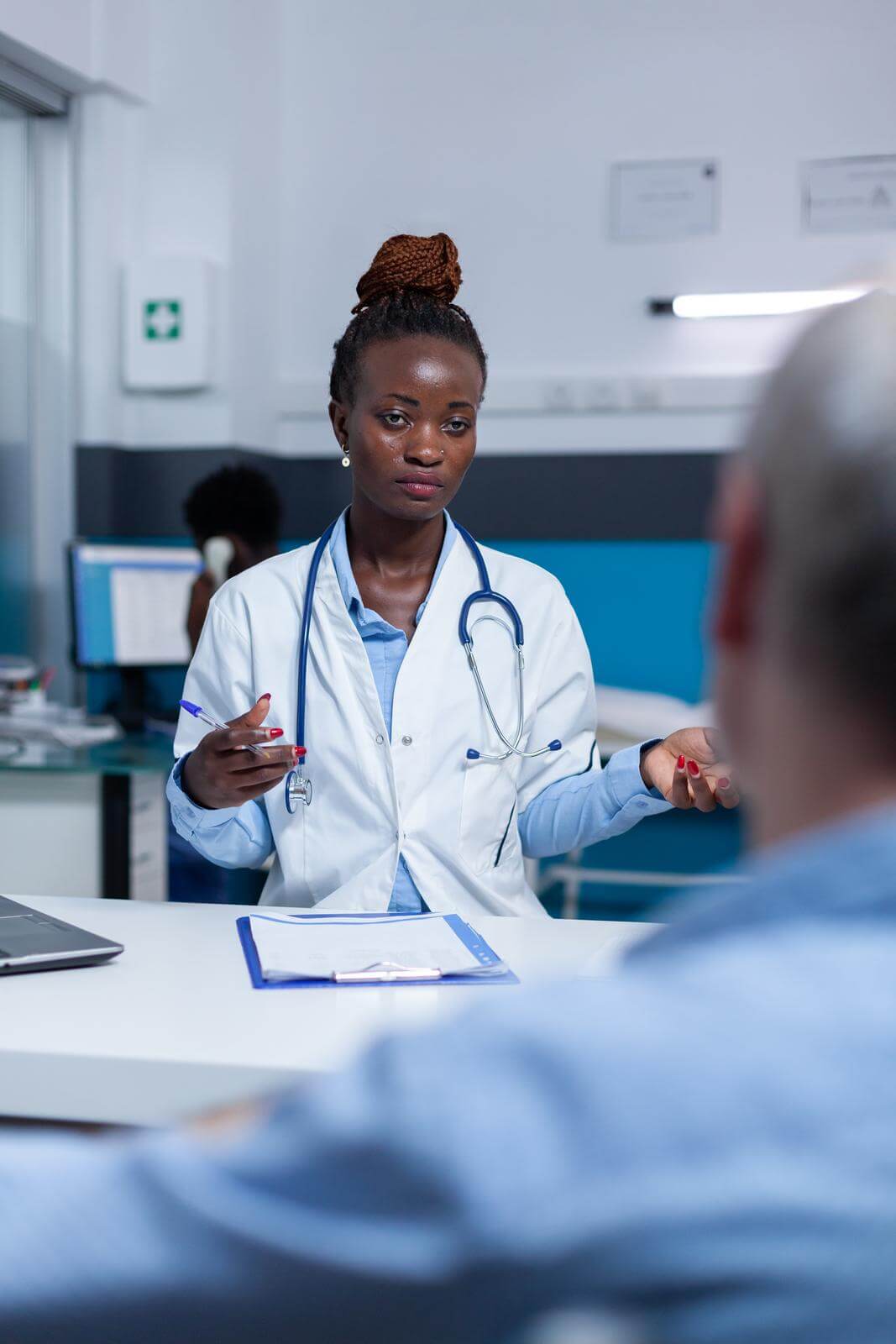
A 2015 study in the Journal of Alzheimer’s Disease(source 3) looked at side effects of taking EGb 761® This research paper was a review study that analyzed previous studies. A total of nine studies met the review’s inclusion criteria and were analyzed. Some of the criteria for study inclusion included: placebo-controlled, double blind, parallel group with a random assignment to a group taking EGb 761®.
The review stated there were no significant differences between EGb 761® users and those taking a placebo in terms of experiencing adverse events. This was true for the whole studied group and for subgroup analysis.
For those in the Alzhiemer’s disease subgroup, those taking 240 mg / day of EGb 761® had significantly less adverse events than those taking placebo.
Similar findings were found when analyzing all included studies. Analysis of all included studies showed a significant reduction of 4 causes of adverse events for those taking 240 mg/day EGb 761® compared to those taking placebo. The odds ratios (OR) for these events were also calculated.
- Experiencing dizziness: 50% less chance (OR: 0.50) for those taking EGb 761®.
- Having tinnitus: 62% less chance (OR: 0.38) for users of EGb 761®.
- Experiencing headache: 30% less chance (OR: 0.70) for EGb 761® users.
- Having angina pectoris (chest pain caused by reduced blood flow to the heart): 49% less chance (OR: 0.51) for EGb 761® users.

Comprehensive Herbalist School
Dr. Patrick Jones, founder of the HomeGrown Herbalist School of Botanical Medicine has been a practicing veterinarian for over 25 years. He is also a clinical herbalist and traditional naturopath.
Kevin Harrington, Original Shark from ABC’s Shark Tank, stands behind Dr. Patrick Jones and HomeGrown Herbalist.
Learn More
Comprehensive Herbalist School
Dr. Patrick Jones, founder of the HomeGrown Herbalist School of Botanical Medicine has been a practicing veterinarian for over 25 years. He is also a clinical herbalist and traditional naturopath.
Kevin Harrington, Original Shark from ABC’s Shark Tank, stands behind Dr. Patrick Jones and HomeGrown Herbalist.Learn More
In the concluding discussion of this review of ginkgo, the authors stated that ginkgo was no different than a placebo for adverse effects. And, the safety findings of this ginkgo extract were in agreement with other reviews and long-standing clinical experience. They remarked that the safety of the ginkgo extract EGb 761® was excellent.
What is an "Odds Ratio?"
An odds ratio (OR) is the comparison of two different odds for an event. For instance, the odds of an event in group A, versus the odds of an event in group B. The odds ratio tells you how much more or less likely the odds of an event is in group A compared to the event happening in group B.
An OR of 1 indicates that the odds of an event happening is the same in both groups; thus, an odds ratio of 1 indicates there is the same chance of the event in group A as there is in group B. An OR greater than 1, indicates there is MORE of a chance group A will have the event than group B. Similarly, an OR of less than one, such as 0.50, indicates group A has less of a chance for having the event than group B. In this case, group A is 50% less likely to have the event compared to group B.
More Research on Ginkgo’s Side Effects
A 2013 study in The Psychiatric Clinics of North America(source 4) discussed ginkgo’s side effects. According to this study, most studies that have reported side effects for ginkgo have been case reports. Ginkgo therapy in these reports ranged from 80 mg to 150 mg per day for durations of just 1 week up to a year. Additionally, many of the case reports were done on people with specific health conditions and taking other drugs.
It may be helpful to note, case reports are done to document a specific instance of a situation; such as an adverse reaction one patient had to a drug. And, therefore, conclusions about what will happen to others in the same situation may not be able to be drawn.
This study states that several case studies reported unusual bleeding which are possibly due to ginkgo. Reports were also made that suggested ginkgo could cause postoperative bleeding. This effect could be due to the phytochemicals (plant chemicals) in ginkgo like bilobalide and ginkgolide; which inhibit platelet activating factor (PAF—a powerful internal mediator of inflammation; one of the effects PAF has is it causes platelets and neutrophils to aggregate(source 5)).
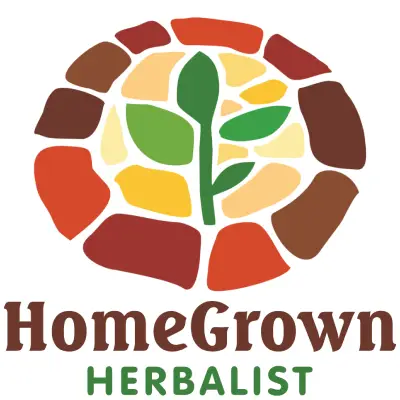
HomeGrown Herbalist Herb Shoppe
Owner of HomeGrown Herbalist Dr. Patrick Jones is a practicing veterinarian, Clinical Herbalist, and traditional naturopath. He owns and operates Fairview Animal Hospital in Buhl, ID.
Their herb shoppe provides herbs, essential oils, and tools. If you have some time, check it out!
Learn More
HomeGrown Herbalist Herb Shoppe
Owner of HomeGrown Herbalist Dr. Patrick Jones is a practicing veterinarian, Clinical Herbalist, and traditional naturopath. He owns and operates Fairview Animal Hospital in Buhl, ID.
Their herb shoppe provides herbs, essential oils, and tools. If you have some time, check it out!Learn More
Examination of randomized control trials involving adults with diabetes, peripheral artery disease, or dementia suggests there is no elevated bleeding risk from taking standardized ginkgo extract. Yet, this analysis did show that ginkgo helped blood perfusion via significantly reducing blood viscosity.
The authors concluded that when everything is taken into consideration, there are grounds to suspect ginkgo might cause some bleeding risk. The study authors state the following:
Taken together, the evidence is equivocal for a causal association between ginkgo use and changes in blood coagulation parameters. Most patients had other clinical risk factors and only a small percentage of cases provided information on bleeding times.10 A conservative treatment approach should be mindful of possible increased risks of bleeding, particularly when ginkgo is used with medications exerting anticoagulant effects.
The Psychiatric Clinics of North America [36.1 (2013): 73-83]
Claire Goodall’s Amazing Guide
Clair Goodall is a bee-obsessed, natural medicine convert from Minnesota (USA). And, she does keep bees!
Clair has created 350+ page book documenting how to replace the toxic products and medications in your home with healthier, all-natural alternatives.

Drug Interactions with Ginkgo biloba Extracts
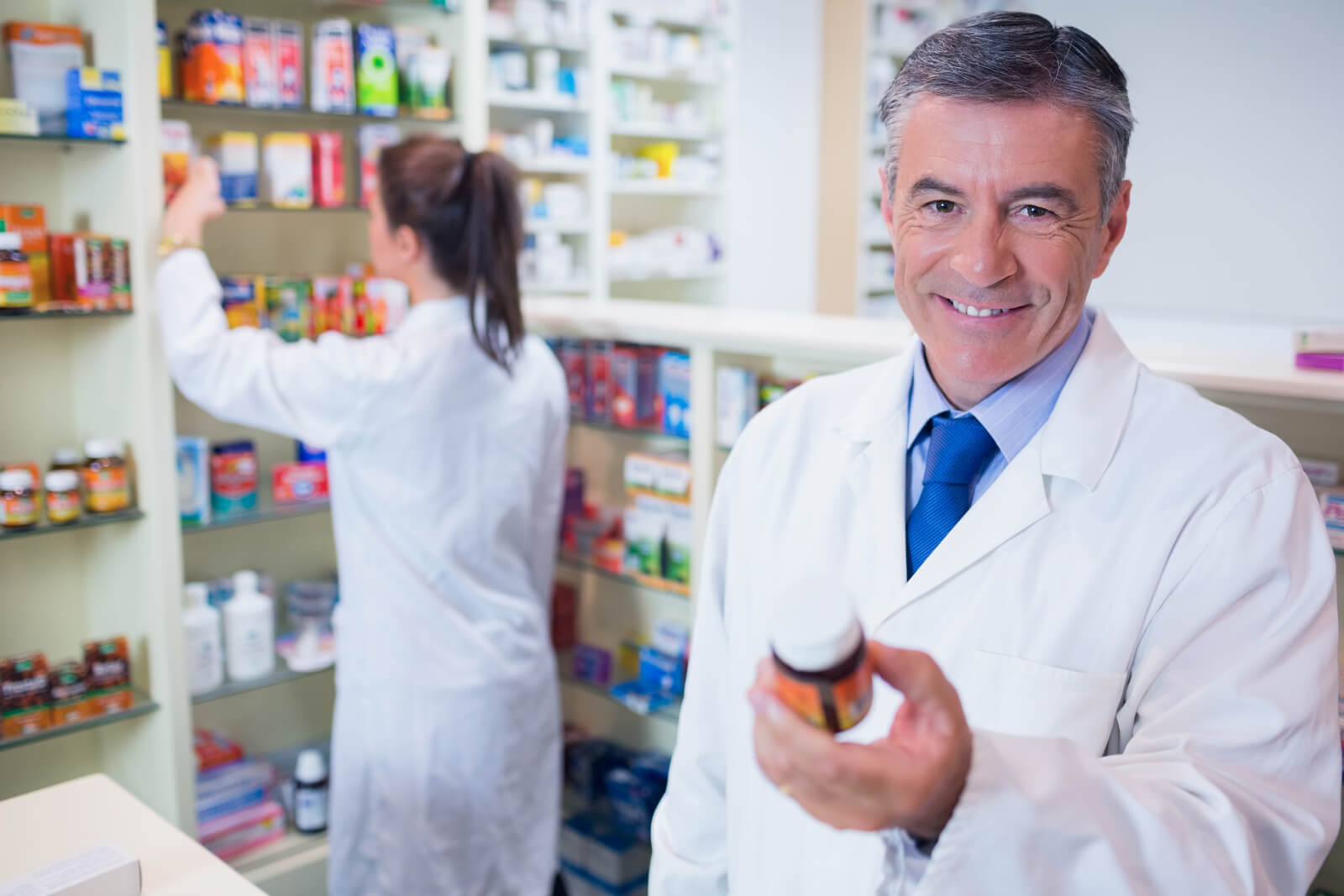
A 2013 study published in Drug Metabolism Reviews(source 6) discussed drug interactions with this herb. Concerning drug interaction, the study reports that ginkgo extracts inhibit (reduce) and induce (promote) cytochrome P450 enzymes and transporters in vitor, and in vivo in rats and mice. So, let’s discuss what this means.
Cytochrome P450 enzymes play a critical role in the metabolism of many different medications. There are more than 50 cytochrome P450 enzymes, but just 6 of them metabolize (break down and remove from the body) 90% of drugs. The two most significant of this class of enzyme are CYP2D6 and CYP3A4.(source 7)
As is the case in vitro with ginkgo, cytochrome P450 can be induced and inhibited by medications (such as synthetic drugs or herbs). If one medication causes changes to levels of this enzyme, it can affect how a different drug affects the body; resulting in drug to drug interactions.(source 7)
This Drug Metabolism Reviews study(source 6) states a major problem of collected data is that in vitro studies use high concentrations of ginkgo extract and single chemical components of ginkgo extract. These high concentrations are not present in humans that take normal doses of ginkgo extract. As a result, a positive correlation between in vitro and in vivo ginkgo experiments often does not exist.
In humans, the effect ginkgo extracts have on cytochrome P450 varies; this variation leads to contradictory results in drug interaction research.

Comprehensive Herbalist School
Dr. Patrick Jones, founder of the HomeGrown Herbalist School of Botanical Medicine has been a practicing veterinarian for over 25 years. He is also a clinical herbalist and traditional naturopath.
Kevin Harrington, Original Shark from ABC’s Shark Tank, stands behind Dr. Patrick Jones and HomeGrown Herbalist.
Learn More
Comprehensive Herbalist School
Dr. Patrick Jones, founder of the HomeGrown Herbalist School of Botanical Medicine has been a practicing veterinarian for over 25 years. He is also a clinical herbalist and traditional naturopath.
Kevin Harrington, Original Shark from ABC’s Shark Tank, stands behind Dr. Patrick Jones and HomeGrown Herbalist.Learn More
The variation of how ginkgo affects cytochrome P450 can easily be explained by the differences in how ginkgo extracts are made, the quality of ginkgo extracts, and by very high doses of the extract (i.e., 360 mg / day) used in some studies.
At regular doses of 120 mg to 240 mg per day, a relevant decrease or increase of the bioavailability of P-glycoprotein substrates by quality, standardized ginkgo extracts is not likely. Let’s look at what this means!
P-glycoprotein is an important protein of the cell membrane that pumps many foreign substances out of cells. Essentially, it is a cell membrane efflux pump, pumping its substrates out of a cell.(source 8)
A substrate of P-glycoprotein is a chemical that shows higher active efflux by P-glycoprotein out of a cell than the rate of this chemical’s passive influx into a cell. Thus, a substrate of this protein is defined as a compound that shows net outflow from a cell.(source 9)
As the Drug Metabolism Reviews study(source 6) states, normal doses of ginkgo extract is not likely to increase or decrease P-glycoprotein substrates, thus not influencing the outflow of chemicals from cells via the P-glycoprotein pump.
Concerning how ginkgo affects cytochrome P450, clinical drug interaction studies did not show a significant effect of good standardized ginkgo extracts on several cytochrome P450 enzymes. Also, most human drug interaction studies found no influence of ginkgo extracts on the pharmacokinetics (what the body does to a drug in terms of its movement into, through, and out of the body) of drugs metabolized by CYP3A4 (one of the most significant cytochrome P450 enzymes).
Contradictory results on how ginkgo may cause drug interactions could be mainly explained by different amounts of wanted and unwanted compounds in different ginkgo extracts that have an effect on metabolic enzymes or transporters. Also, high doses of ginkgo extract (above the recommended daily dose of 240 mg) may explain these contradictions.
The Drug Metabolism Reviews study(source 6) summarizes its findings by stating certain in vitro studies indicate a very small risk for drug interactions when the standardized EGb 761® is used at the recommended dose of 120 mg to 240 mg per day. It remains questionable how low quality ginkgo extracts may influence drug interactions.
Contraindications (When you should not take Ginkgo)
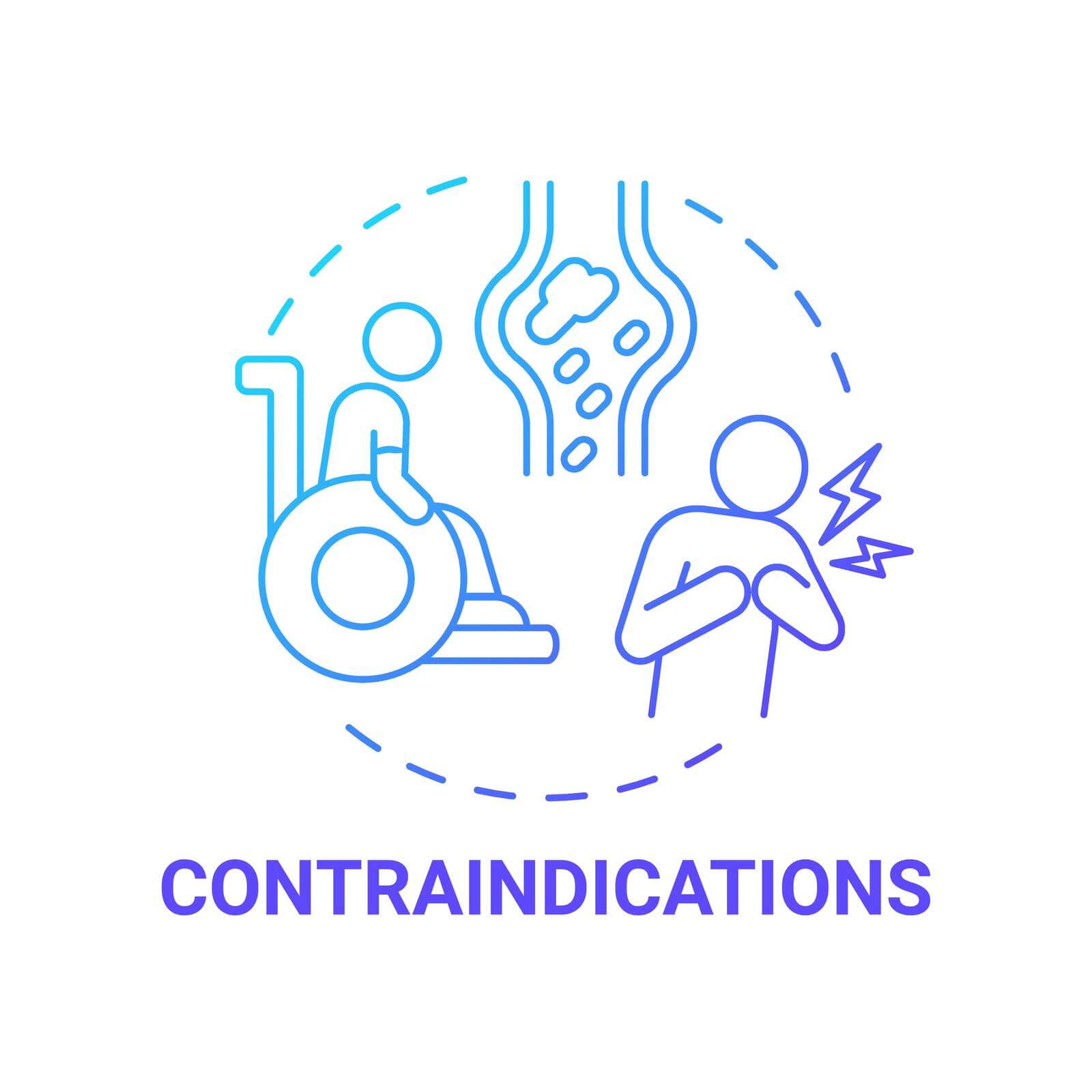
According to a paper published in StatPearls(source 10), available from the U.S. National Center for Biotechnology Information website, Ginkgo biloba does have some contraindications. And, a contraindication is simply a situation where a medical treatment or practice should not be used.
Bleeding Risk & Blood Thinners
StatPearls states that ginkgo should not be used by individuals with bleeding disorders, taking antiplatelet drugs, taking anticoagulant medications, or those taking nonsteroidal anti-inflammatory drugs (NSAIDs). This paper cites a 2015 study demonstrating ginkgo increased the risk of a bleeding event for people taking the anticoagulant (blood thinner) warfarin and ginkgo simultaneously.
The 2013 The Psychiatric Clinics of North America study(source 4) also reports that ginkgo may interact with warfarin; resulting in an enhancement of the drug’s effect by elevating bioavailability and decreasing the rate the drug is cleared from the body. Ginkgolides are terpene lactones that have anti-platelet-activating ability; they might assist in causing bleeding.
Yet, 2013 The Psychiatric Clinics of North America study(source 4) states that systematic reviews of case reports conclude it is unlikely that ginkgo caused bleeding. This study also points out that a review of randomized control trials did not show changes in blood coagulation parameters.
For Pregnant Women & Nursing Mothers
StatPearls(source 10) reports that there is insufficient evidence to know for sure how ginkgo will affect pregnant women or nursing mothers. Consequently, they recommend against this population of women taking ginkgo.
A 2006 review study in the Journal of Population Therapeutics and Clinical Pharmacology(source 11) reviewed research to better understand ginkgo use during pregnancy and lactation.
The study states there was weak evidence from animal and in vitro studies showing ginkgo had anti-platelet activity. This could lengthen bleeding time and therefore be a concern during labor.

HomeGrown Herbalist Herb Shoppe
Owner of HomeGrown Herbalist Dr. Patrick Jones is a practicing veterinarian, Clinical Herbalist, and traditional naturopath. He owns and operates Fairview Animal Hospital in Buhl, ID.
Their herb shoppe provides herbs, essential oils, and tools. If you have some time, check it out!
Learn More
HomeGrown Herbalist Herb Shoppe
Owner of HomeGrown Herbalist Dr. Patrick Jones is a practicing veterinarian, Clinical Herbalist, and traditional naturopath. He owns and operates Fairview Animal Hospital in Buhl, ID.
Their herb shoppe provides herbs, essential oils, and tools. If you have some time, check it out!Learn More
This study also says there is some evidence, based on expert opinion, that ginkgo leaf could be an emmenagogue (stimulates or increases menstrual flow) and have hormonal properties.
Concerning lactation, this study reports the safety of ginkgo is unknown. Yet, individuals should be aware of past reports of ginkgo products being adulterated with colchicine (an anti-inflammatory drug; name brands are Mitigare, Colcrys).
For People with Epilepsy (Seizures)
StatPearls(source 10) also states that people with epilepsy should use caution when considering taking ginkgo. This is due to the fact that ginkgo toxin (mostly present in ginkgo seeds, but also can be found in ginkgo leaves) might lower the seizure threshold. A 2017 review study published in the Journal of Environmental Science and Health(source 12) discusses how ginkgo may play a role inducing seizures in people with epilepsy.
This review states In 2001 seven reports were made regarding seizures of those taking ginkgo extracts (3 with just ginkgo supplements, and 4 with multi-ingredient products). The study also cites two instances of epilepsy, previously controlled by valproate, within two weeks of taking 120 mg / day of ginkgo extract.
This review also cites another case report of a 55 year old man who died from a seizure with no evidence of stopping his epilepsy medication. After the man’s death, it was discovered he had been taking a Ginkgo biloba supplement. The autopsy showed subtherapeutic levels of his epilepsy medication in his body.
Since both of the man’s epilepsy medications were metabolized by cytochrome P450; and ginkgo can increase the activity of cytochrome P450. Consequently the activation of cytochrome P450 by ginkgo, and an effect from the neurotoxin ginkgotoxin, is a possible explanation of why this man had the fatal seizure.
Ginkgo Before Surgery
StatPearls(source 10) states there has been insufficient evidence concerning the risks of using ginkgo before surgery. But one study recommended halting ginkgo use at least 36 hours before a surgical procedure.
A 2012 Journal of the Norwegian Medical Association study(source 13) recommends stopping ginkgo use two weeks before surgery. The authors state:
There is some concern that ginkgo leaf extract might increase the risk of bruising and bleeding, and interactions with anticoagulants/antiplatelet drugs cannot be ruled out. As a general precaution, it is recommended withdrawing ginkgo two weeks before elective surgery.
Tidsskrift for den Norske Laegeforening: Tidsskrift for Praktisk Medicin, ny Raekke [132.8 (2012): 956-959]
Dosage Guidelines for Ginkgo biloba
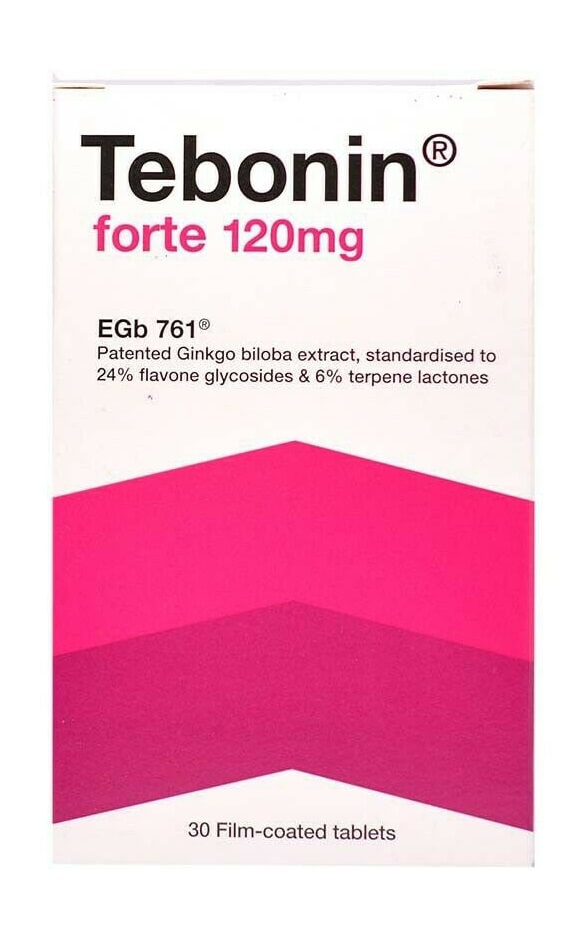
The 2013 study in The Psychiatric Clinics of North America(source 4) states that for EGb 761® dosages are between a total of 80 mg to 240 mg per day. The average recommended dose is 120 mg. The German Commission E recommends 120 mg to 240 mg of ginkgo extract 2 to 3 times a day.
The study also states that clinical trials for memory, dementia, and circulation disorders have used doses as high as 720 mg / day of EGb 761®. Improvement on one or more outcome measurements was associated with doses of EGb 761® ranging from 120 mg to 300 mg / day for a duration of 3 to 12 weeks.
The study also states that use of EGb 761® lasting 4 to 6 weeks is generally required before benefits can be seen for physiologic function, mood, and memory disorders.
Overdoses of Ginkgo biloba
According to the StatPearls article on Ginkgo biloba,(source 10) there is no antidote for ginkgo. Treatments for overdoses of ginkgo include halting ginkgo use and managing the manifestations of each toxicity case.
The 2017 Journal of Environmental Science and Health study(source 12) stated that Ginkgo biloba has the LD50 (dose causing the death of 50% of experimental animals) evaluated. In mice the LD50 is 1900 mg/kg; and, in rats it is 2100 mg/kg.
This same study states that ginkgotoxin (4'-O-methylpyridoxine, a.k.a. MPN), a neurotoxin naturally occurring in Ginkgo biloba, is present in ginkgo leaves and in the tree’s fruit pulp. However, ginkgo leaves contain only a small amount of ginkgotoxin. The study reports that ginkgotoxin was below the limit of detection (9 ppm) in ginkgo leaf extract. A more important concern is that the seeds or fruits of Ginkgo biloba might get into the leaf extract.

Comprehensive Herbalist School
Dr. Patrick Jones, founder of the HomeGrown Herbalist School of Botanical Medicine has been a practicing veterinarian for over 25 years. He is also a clinical herbalist and traditional naturopath.
Kevin Harrington, Original Shark from ABC’s Shark Tank, stands behind Dr. Patrick Jones and HomeGrown Herbalist.
Learn More
Comprehensive Herbalist School
Dr. Patrick Jones, founder of the HomeGrown Herbalist School of Botanical Medicine has been a practicing veterinarian for over 25 years. He is also a clinical herbalist and traditional naturopath.
Kevin Harrington, Original Shark from ABC’s Shark Tank, stands behind Dr. Patrick Jones and HomeGrown Herbalist.Learn More
The main way ginkgo toxicity (overdoses) seem to occur is by eating ginkgo nuts / seeds. An adult that eats 50 ginkgo seeds or nuts could have a serious toxic reaction. These reactions involve vomiting and convulsions a few hours after eating the nuts or seeds.
One thing is for sure, children have been poisoned from eating ginkgo seeds. So make sure you avoid giving children the seeds or nuts of ginkgo to eat.
About the Author
Geoff Kent is a natural medicine enthusiast who has been researching and writing about natural medicine since 2008. Geoff is primarily a web developer, but also researches and authors written and video content about natural health. Geoff has a bachelor’s degree in Management Information Systems from the University of Northern Iowa.
More on Geoff KentImportant Disclosures & Disclaimers
It is important to use the information you find on Herbsey.com in the right way. Also for legal reasons, these disclaimers and disclosures are necessary. For further information about each, feel free to click the link provided to the page on this website that provides more information.
Medical Disclaimer
The information on this website is not a prescription for anyone. This information is for informational or educational purposes only, and is not a substitute for professional medical advice or consultations with healthcare professionals.
Advertisement Disclosure
Some of the links provided on this article and website are affiliate links. If you purchase a product after clicking on these links, Herbsey.com will earn a commission. Herbsey.com promotes various products through advertisement and text links. For more information: Our Advertisements.


